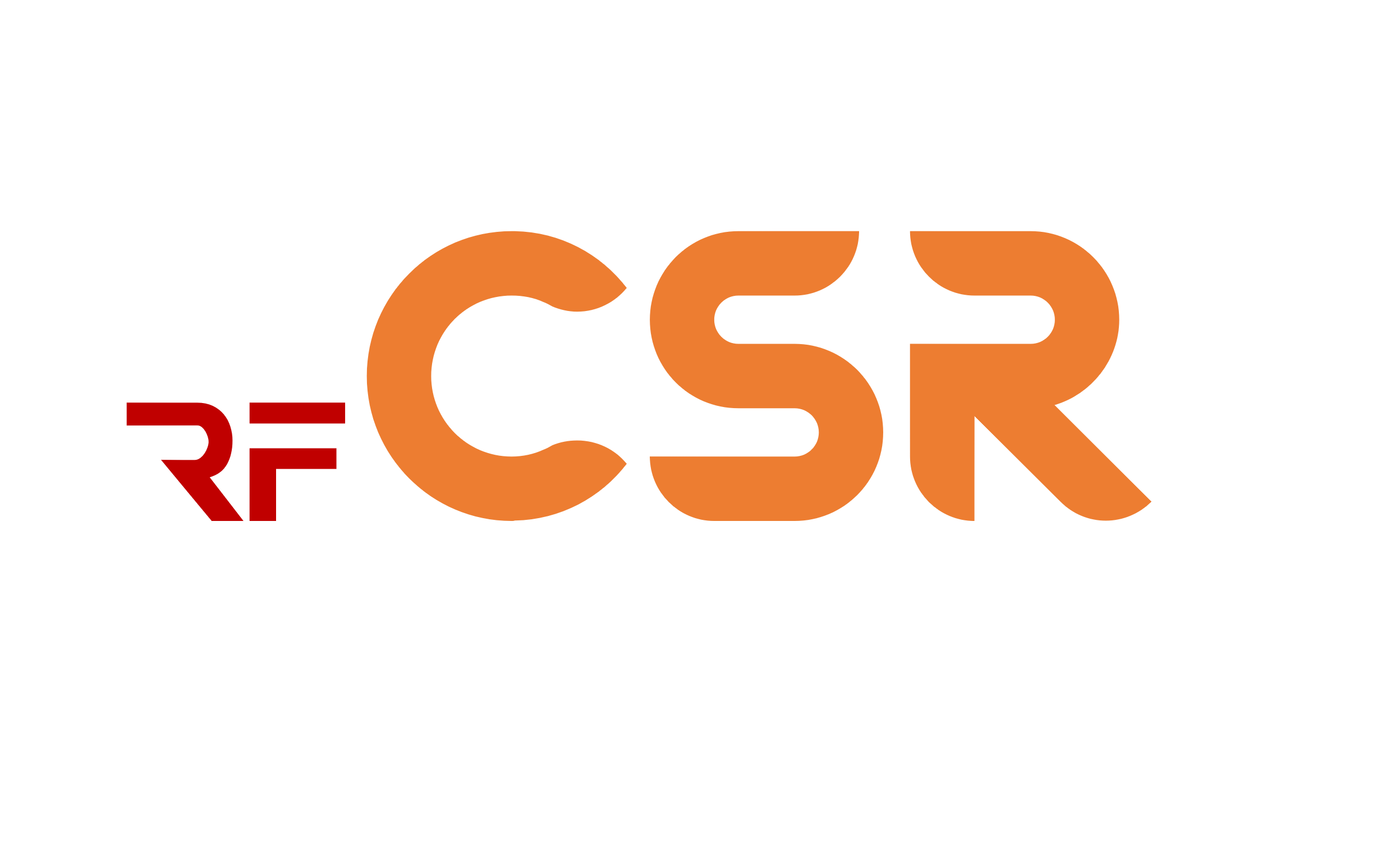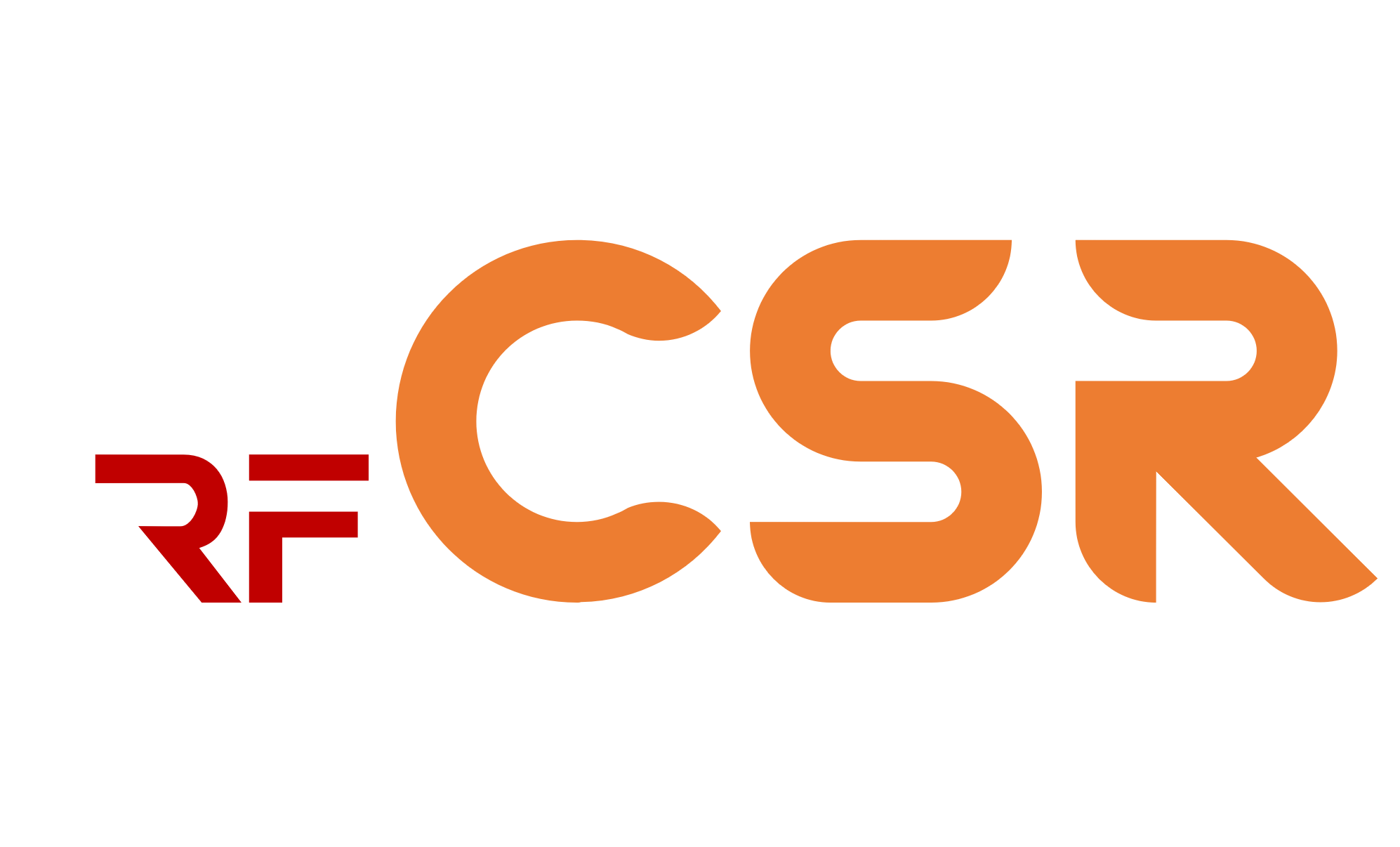🧫 Postdoctoral Fellow Position | Cancer, Immunology & Virus-Host Biology
Location: The Wistar Institute, Philadelphia, PA, USA
🧬 Apply your scientific talent to high-impact research in stem cell biology, cancer, and viral pathogenesis.
The Liang Lab at The Wistar Institute invites applications for a Postdoctoral Fellow to join a multidisciplinary team unraveling the fundamental biology of colitis, lymphoblastic leukemia, and virus-host interactions. This is an exceptional opportunity to engage in translational research that bridges basic science and therapeutic innovation.
🔍 Research Focus Areas
- Stem cell biology in colitis and leukemia
- 3D culture systems and advanced animal models
- Virus-host molecular mechanisms
- Discovery of therapeutic targets for cancers and viral infections
🧪 Techniques & Tools
You’ll work in a highly collaborative and well-funded lab using:
- 3D tissue platforms
- Infection models and animal studies
- Molecular biology, immunology, and biochemistry
- Translational pipelines for target discovery
🎓 Candidate Profile
We’re looking for recent PhD graduates (or soon-to-complete PhDs) in:
- Molecular or Cellular Biology
- Biochemistry, Immunology, or related disciplines
Preferred Experience:
- Peer-reviewed publications
- Proficiency in molecular and cell biology techniques
- Experience in 3D culture, mouse models, or bioinformatics
- Independent, creative, and collaborative mindset
🌍 Why Join Wistar?
- Located in University City, Philadelphia, within the University of Pennsylvania campus
- World-class research community with state-of-the-art facilities
- Dynamic, team-oriented environment driving early-stage discovery
- Competitive salary and excellent benefits package
- Strategic focus on bench-to-bedside translational science
📄 How to Apply
In addition to completing the online application, send your:
- CV
- Names and contact details for three references
📧 To: Email HERE!
🔗 More about the lab:
Lab link Here!
🌐 Institute website: www.wistar.org
Join us in translating molecular insights into new therapies for cancer and infectious disease.

